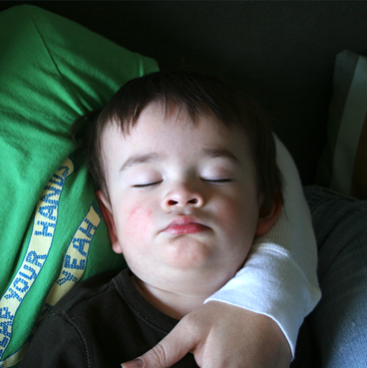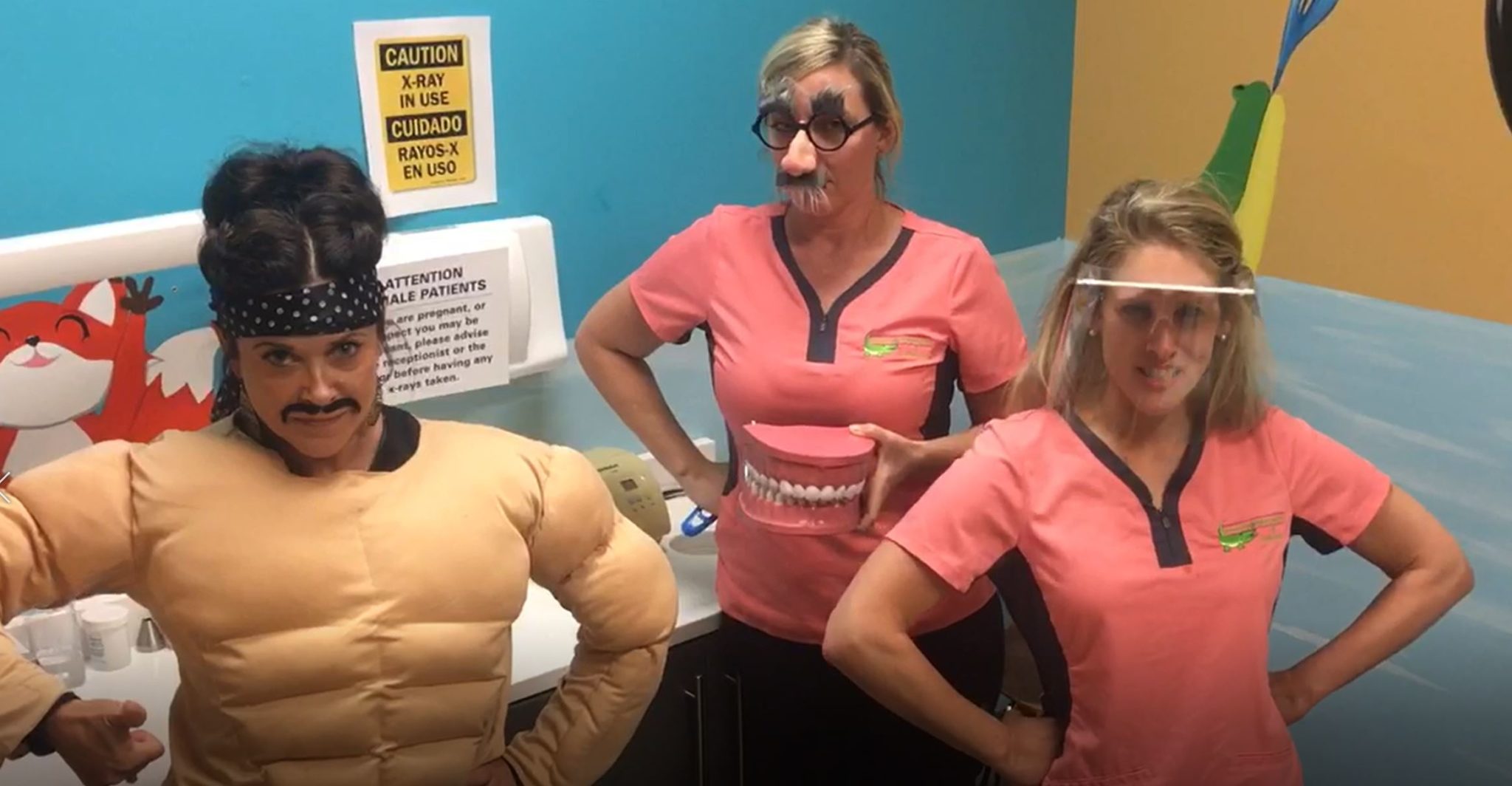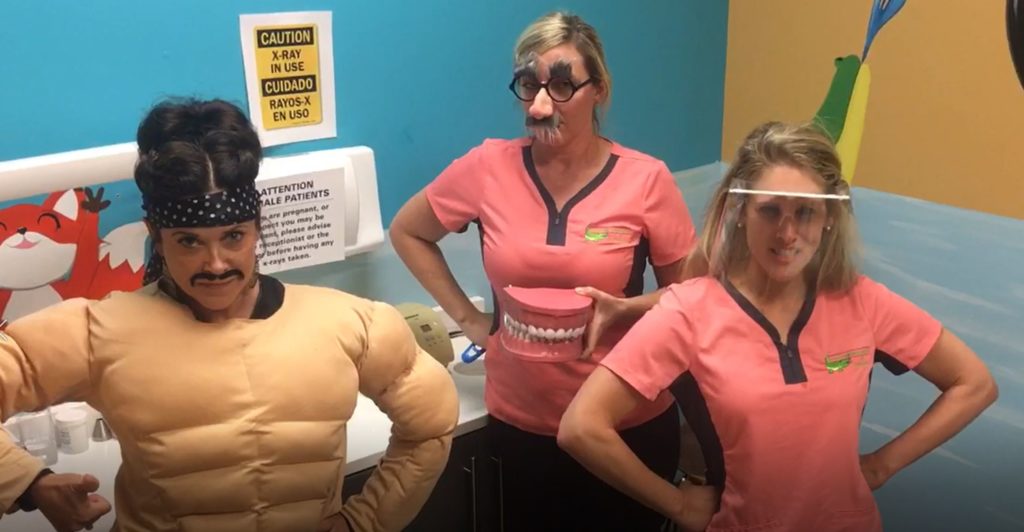 UP TO 20 PERCENT of habitually snoring children have sleep apnea. Sleep apnea is a sleep disorder that results in brief but repeated interruptions to normal breathing during sleep. Not only is this a potentially life-threatening disorder, it also has a significant impact on oral health.
UP TO 20 PERCENT of habitually snoring children have sleep apnea. Sleep apnea is a sleep disorder that results in brief but repeated interruptions to normal breathing during sleep. Not only is this a potentially life-threatening disorder, it also has a significant impact on oral health.
The Three Types Of Sleep Apnea
Sleep apnea can occur in three different ways. Obstructive sleep apnea (OSA) is the result of a blockage in the airway, typically the tongue collapsing against the soft palate, which in turn collapses against the back of the throat, closing off the airway. This is the most common type of sleep apnea. Central sleep apnea happens when the brain fails to signal the muscles of the respiratory system to keep breathing. Complex sleep apnea is a combination of the first two types.
Each time breath is interrupted, the brain causes the person with sleep apnea to wake up. It happens so quickly that they usually don’t remember it, but the interruptions severely impact the overall quality of sleep, as they can happen as often as hundreds of times in a single night.
What Does Sleep Apnea Have To Do With Teeth?
In addition to leaving your child with all the usual symptoms of sleep deprivation, such as exhaustion, difficulty concentrating at school, irritability, and hyperactivity, sleep apnea has a number of effects on oral health. There is a significant association between OSA and moderate to severe periodontitis (gum disease), but the most common dental health complications are temporomandibular joint disorders(TMJ or TMD).
Studies have shown that the jaw reflexively clenches to prevent the airway from becoming blocked when the throat relaxes during a sleep apnea episode. TMD leads to other problems like worn, cracked, or broken teeth, pain when chewing, chronic headaches, and neck and shoulder pain.
How The Dentist Can Help
The dental effects of sleep apnea are so common that the dentist might be the first one to spot the signs and diagnose the disorder. This is just one way your child’s regular dental appointments will benefit their overall health. If they are diagnosed with sleep apnea, common treatment options include continuous positive airway pressure (CPAP) machines and nighttime dental devices that push the tongue or the lower jaw forward.
Healthier Sleep For Healthier Smiles
If your child has been experiencing any of the symptoms described above, there’s no reason for them to continue living with interrupted sleep and the health and cognitive problems that come with sleep apnea. Give us a call or drop by our practice today to schedule an appointment so that we can see if sleep apnea is the cause and get your child on the path to more restful sleep and better oral health.
Wishing all our patients a good night’s sleep!



